A Taliban leader warned of malicious security threats hours before Thursday’s explosion at the Hamid Karzai International Airport.
“We have received reports that malicious elements are planning terror attacks against civilians but are actively doing everything possible to prevent any such attacks from occurring,” Abdul Qahar Balkhi, who heads the Taliban’s Cultural Commission, said Thursday in an exclusive written interview.
Officials had also warned of a potential security threat likely emanating from the ISIS affiliate in Afghanistan.
As the window for the United States to make its final departure from Afghanistan draws near – under the banner of concern that not all Americans and those with the documentation to leave will make it out in time – Balkhi said that nobody with correct papers would be prohibited from accessing the Kabul airport.
“Everyone with proper documentation will be able to travel in and out of the country,” he continued. “Everyone, including Afghans with proper documentation, is able to leave. However, we believe they should stay and serve their own homeland by providing their expertise and skills.”

And while it remains unclear just how much leverage women, in particular, will have to exercise their “expertise and skills” under the Taliban, Balkhi has pledged that they will be included in an official capacity in a forthcoming government.
“The next step is to announce an inclusive government in which all ethnicities and people of Afghanistan are reflected, and all including women are afforded their right to education, health, work etc., within the framework of Islamic law,” he said.
The representative – who is said to have worked in the Taliban’s media office a decade ago – made his first public appearance at the Taliban’s press conference last Tuesday, interpreting for the head spokesperson Zabihullah Mujahid.

Meanwhile, US President Biden is facing mounting pressure to extend the Aug. 31 deadline for withdrawal amid worries that thousands of Americans and those who supported the American war effort will be left behind.
Nonetheless, Balkhi cautions that if the US has not fully exited by Tuesday, the Taliban – which refers to themselves as the mujahadeen or the Saviors – “will announce (their) new stance at that time.” While the consequences of overstaying have not been publicized, Balkhi also stressed that “The Islamic Emirate has always maintained that we seek cordial and productive diplomatic and economic relations with all countries of the world, including the United States.”
He also vowed that foreign journalists will still be allowed to work and operate in the country in an apparent effort to stop the beleaguered country from becoming the international pariah it was under the previous Taliban reign some two decades ago.

Earlier this week, Balkhi did his first formal television interview on Al Jazeera, doubling-down on the notion that the Taliban top brass has “announced a general amnesty for everyone in the security forces from the senior to the junior level,” and referred to the concern and chaos surrounding the power shift as “unfounded hysteria.”
He also surmised that the speed to which the group was able to sweep through the country and capture the capital surprised even them.
“When we entered Kabul, and it was not planned because we announced initially that we do not want to enter Kabul, and we want to reach a political solution before entering Kabul and making a joint and inclusive government,” he said. “But what happened was that the security forces left, abandoned their places, and we were forced to ask our forces to enter and take over security.”

Balkhi’s apparent diplomatic stance reflects the ongoing campaign by the top echelons of the Taliban to appeal to the international community – much of whom tread with deep skepticism as Afghans attempt to flee for their lives amid a climate of chaos and uncertainty.
Observers have also pointed to the vast differences between the dialogue espoused by the Doha negotiators and rogue and unrestrained elements spattered across the country as anecdotes of targeted beatings, intimidation and forced marriages to fighters surface.
And while scenes of chaos and calamity on the edges of Kabul airport dominate news headlines, sources in other pockets of the country painted pictures of a country not necessarily grappling with violence but rather hiding and uncertainty.
For one – as evidenced by photos issued to us on Wednesday from inside the northern city of Mazar-e-Sharif – show a city a shadow of its former self. Yellow cabs languish in the streets while most businesses remain shuttered. Some street vendors have re-opened, and uniformed traffic officers have resumed parole. Small groups of women have emerged, with some of the older women opting for the hijab (headscarf) instead of the mandated blue burqa.

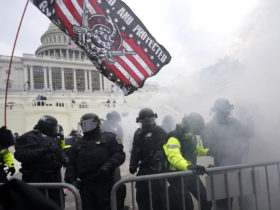
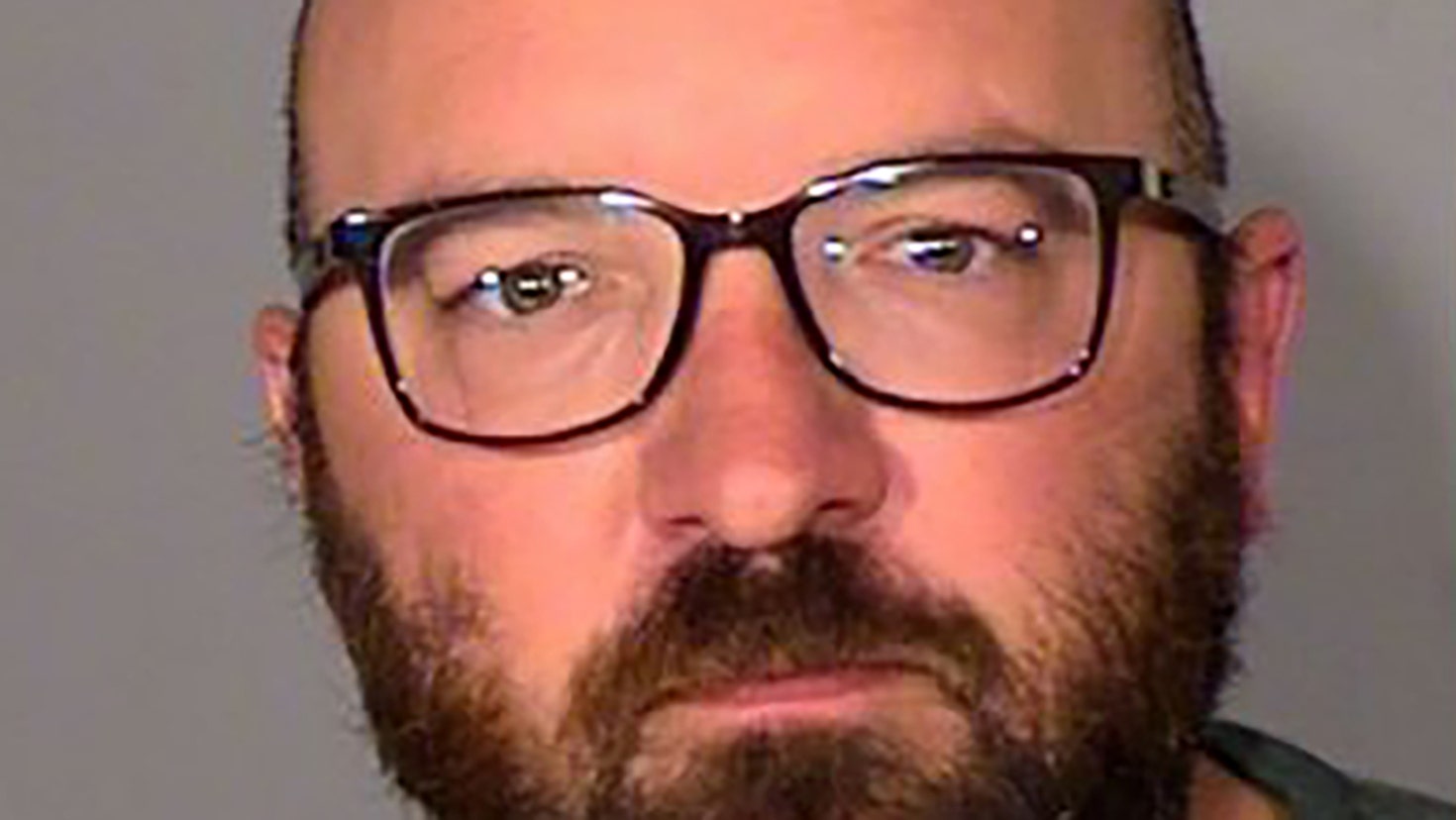

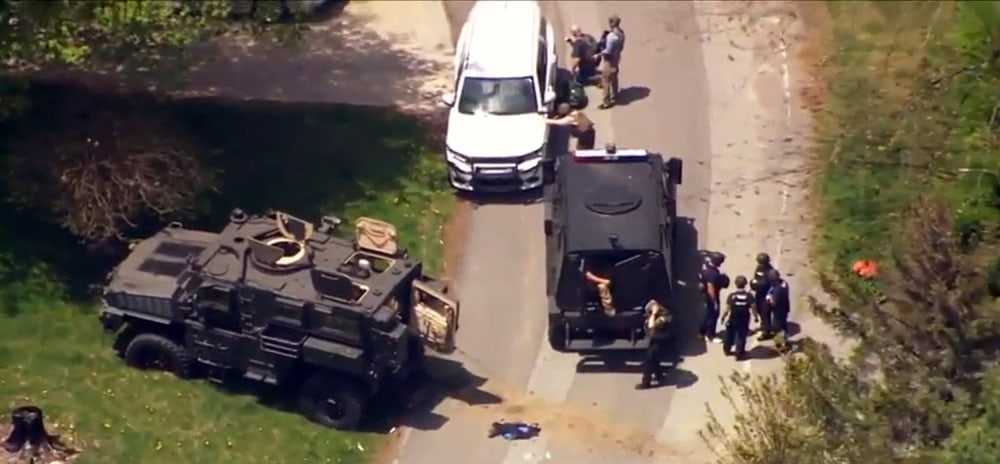
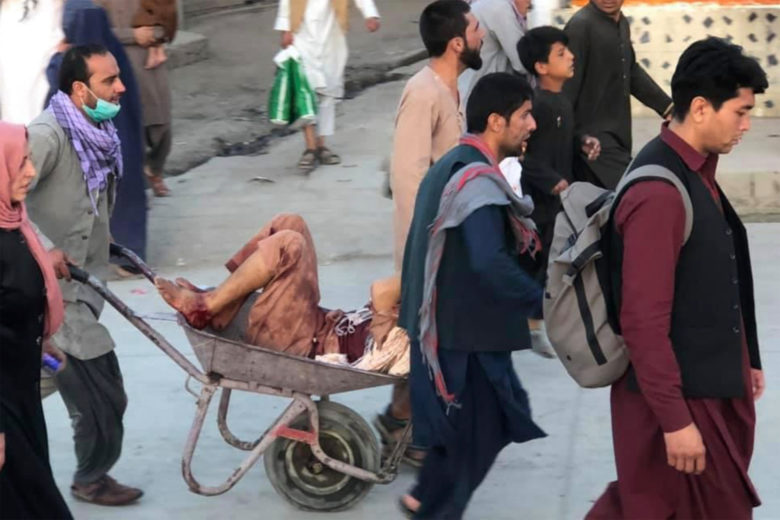
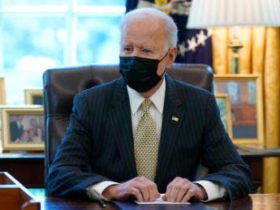


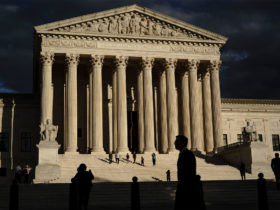

Leave a Reply